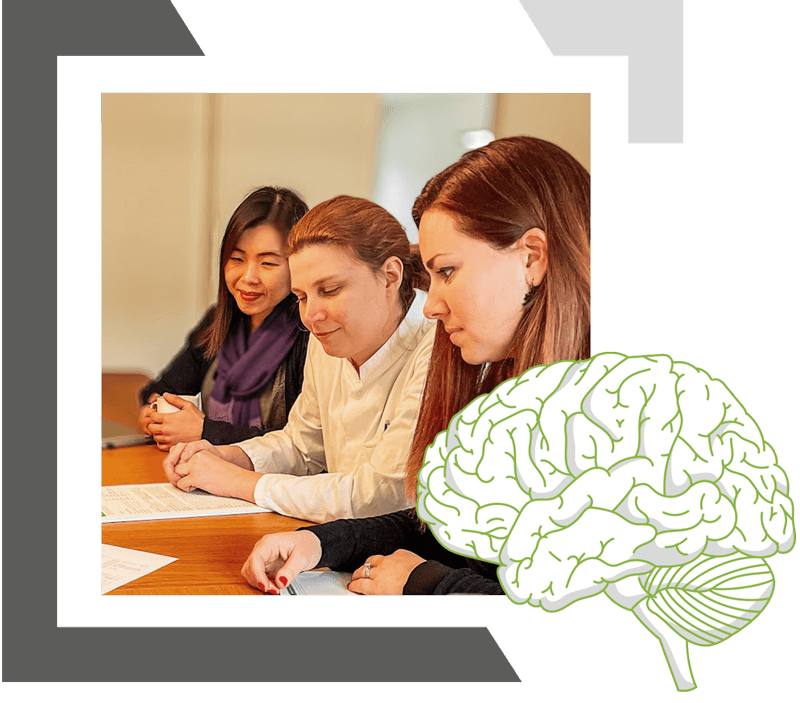Current Projects

Current Projects
Neurostatus-UHB grew out of an academic research group part of the University Hospital Basel and remains active in scientific research in line with its mission to develop innovative solutions to improve the reliability of clinical data in neurological disorders. We have a strong relationship to the University Hospital Basel Department of Neurology, Research Centre for Clinical Neuroimmunology and Neuroscience ( RC2NB) , University of Basel Department of Biomedical Engineering (DBE) and Department for Clinical Research (DKF) and the Fachhochschule Nordwestschweiz (FHNW) in Muttenz.
Neurostatus-UHB is therefore involved in various research projects and scientific collaborations focusing primarily on the capture and quantification of clinical symptoms of neurological disorders and beyond.
Please contact us with any research or collaboration proposals and ideas!
Currently ongoing projects are:

Neurostatus-SMARTCARE
Neurostatus-SMARTCARE, a collaboration with RC2NB and Novartis Pharma AG, Basel, is a Swiss multi-center, randomized, cross-over study with 100 people with MS which shows that non-neurologist health care professionals are able to perform standardized Neurostatus-(e)EDSS assessments of similar quality and reliability as trained neurologists.
Main results are published: https://pubmed.ncbi.nlm.nih.gov/39704409/.
A poster of the second outcomes will be presented at ECTRIMS (abstract number IMS25-LBA-338: SMARTCARE – the value of video recorded assessments for the Neurostatus-EDSS performed by health care professionals) , and a follow-up trial is in progress
Neurostatus-EDSS e-Cluster
AI methods were applied to over 13,000 eEDSS assessments from the EXPAND trial (a double-blinded, randomized, phase 3 study, where 1651 people with secondary progressive MS (pwSPMS) were randomly assigned to receive Siponimod or placebo , aiming to achieve more granular (sub)gradings in EDSS scores, which—in the current version—are dominated by ambulation and do not take into account changes in other functional domains. This is a collaboration with ThINk Basel from RC2NB. In our first analysis, we have already identified four patterns in higher EDSS levels. A paper presenting the results was recently published in the MSJ (https://pubmed.ncbi.nlm.nih.gov/40248861/).
Further analyses are in progress.
Analysis of more than 100.000 complete Neurostatus-EDSS assessments.
Analysis of more than 100.000 complete Neurostatus-EDSS assessments.This analysis aims to provide a better insight and understanding of early progression in MS, and potentially new aspects of the underlying clinical pathophysiology.
The project is a collaboration with the Department of Biomedical Engineering, University Hospital Basel.
Neurostatus-EDSS e-light.
In collaboration with RC2NB’s ThINk, we aim to provide a more comprehensive yet shorter Neurostatus-EDSS assessment for use in clinical routine and private practice outside of randomised controlled trials (RCTs).
Validation of software as a medical device
With our extensive expertise in regulatory compliance, quality management systems and validation practices, we aim to support organisation in meeting internationally recognized standards while ensuring efficient, compliant and high-quality operations. Our QA and CSV services are specifically tailored to regulated life science industries, ensuring compliance with regulatory frameworks such as FDA 21 CFR part 11 and 820, ISO 13485, EU MDR and GxP-related guidelines such as ICH E6(R3) and EudraLex Annex 11.
